Conflicts and wars are almost considered a banality nowadays. By organising two seminars on this issue, IFM-SEI would like to challenge this view and demonstrate that another option is realisable through education.
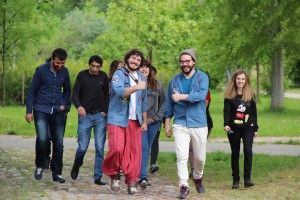 The international scene has been for a long time now dominated by conflicts and wars. These elements which might seem almost banal to the public opinion are getting more acute progressively. And due to the emergence of new forms of wars, we are now left with a tiny number of places on earth that could still be considered safe and “peaceful”. Though the concept of peace is quite hard to define with the evolution of society. In such a context, it is commonly acknowledged that children and young people are the first victims and biggest losers. IFM-SEI is convinced that conflicts and wars are not just the result of the states’ or groups’ interests. They are also an emanation of the interactions happening amongst individuals. That is the reason why we decided to make peace their focus of the year. Consequently, from 24th to 31st May 2015, two parallel seminars were organized in the premises of the Kurt-Loewenstein Center in Werptfuhl, Germany in order to reflect on the interpersonal and international aspects of conflicts in the world as well as suitable possibilities to exit those situations. While one of the seminars laid its emphasis on “mediation”, the other one was substantially about “conflicts and wars”.
The international scene has been for a long time now dominated by conflicts and wars. These elements which might seem almost banal to the public opinion are getting more acute progressively. And due to the emergence of new forms of wars, we are now left with a tiny number of places on earth that could still be considered safe and “peaceful”. Though the concept of peace is quite hard to define with the evolution of society. In such a context, it is commonly acknowledged that children and young people are the first victims and biggest losers. IFM-SEI is convinced that conflicts and wars are not just the result of the states’ or groups’ interests. They are also an emanation of the interactions happening amongst individuals. That is the reason why we decided to make peace their focus of the year. Consequently, from 24th to 31st May 2015, two parallel seminars were organized in the premises of the Kurt-Loewenstein Center in Werptfuhl, Germany in order to reflect on the interpersonal and international aspects of conflicts in the world as well as suitable possibilities to exit those situations. While one of the seminars laid its emphasis on “mediation”, the other one was substantially about “conflicts and wars”.
By organizing this seminar, IFM-SEI aims to endow young educators with skills necessary to work on the topic of peace. The 45 participants present at the seminar came from Europe and the Middle East. The idea was to provide the space for participants to develop concrete educational plans to promote peace and solve conflicts in schools, their organisations and direct or remote environment.
In order to get to the desired point, the seminar was run using non-formal educational methodology, including discussions, simulation games, exhibitions and other ludic activities. Throughout the week, participants debated on their idea of peace and could learn about instigating peace processes through education and share good practices and challenges on the topic. In addition, we together tried to identify learning needs and shaped a common view concerning education for peace taking into consideration our respective backgrounds.
A very nice point about this seminar was the ability that was given to participants share ideas and experiences and exchange on a variety of topics they selected. In fact, participants were offered the opportunity to exhibit the activities of their organisations during a fair and could propose their own set of activities. While two participants from Palestine and Israel offered to share their childhood stories with other participants, another one from the German Falcon facilitated a very interesting debate on topics such as nationalism, patriotism, nation state, etc.
The atmosphere of this event was incredibly friendly if we refer to the comments of participants. This is partially due to the multiple social events that happened during the seminar and helped generating a charming and delightful atmosphere. For instance, there were a Berlin tour day, a bonfire, different (night) gatherings, an intercultural night, a fairytale evening which provided a space to deconstruct gender stereotypes in an amusing manner, a karaoke night and finally an exciting farewell party that allowed us to spend a final nice time together.
The next phase on these seminars is going on online and consists of a blog that will is used as a platform to continue our discussion on conflicts and peace. We thank the European Youth Foundation of the Council of Europe for supporting the implementation of this project.
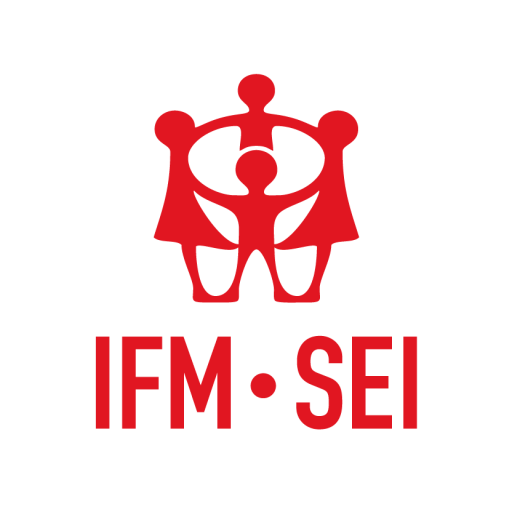
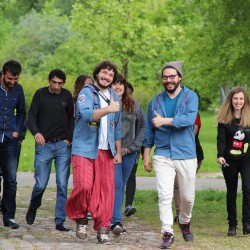
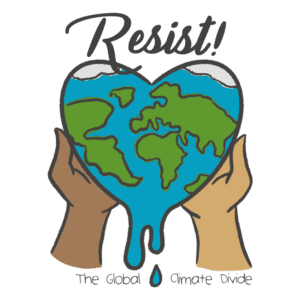
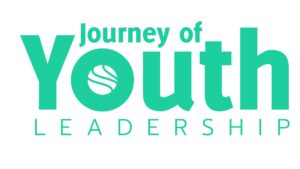

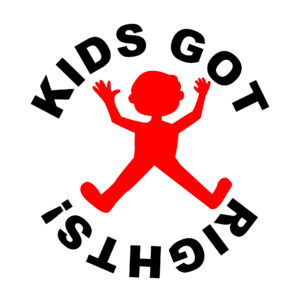

Comments are closed